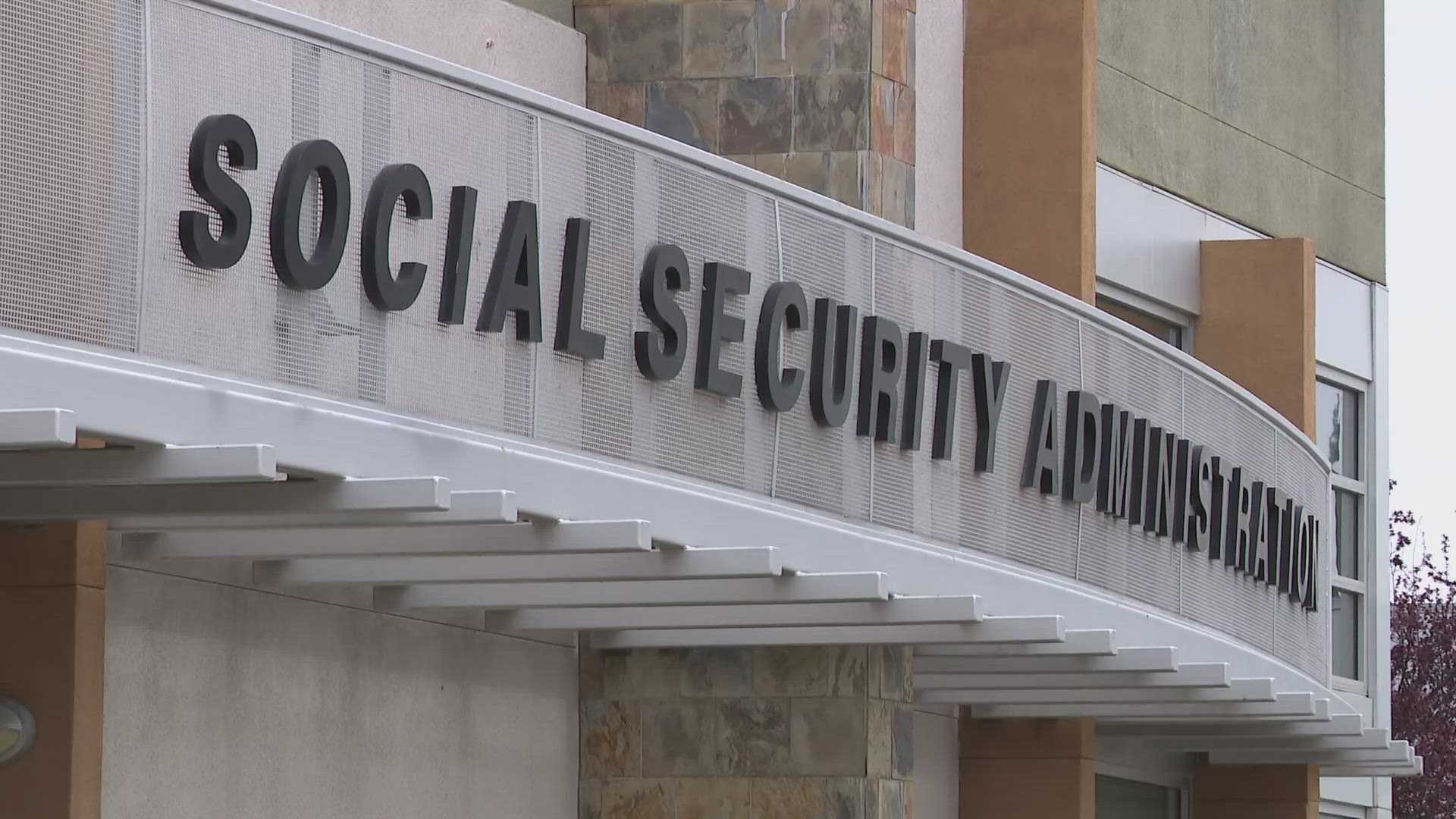News
Social Security Administration Delays Identity Verification Policy Amid Backlash

WASHINGTON, D.C. — The Social Security Administration (SSA) announced Wednesday that it will delay the implementation of a new identity verification policy by two weeks, shifting the start date to April 14. This decision comes amid significant pushback from lawmakers, advocacy groups, and the public against the policy, which aims to combat fraud.
The initially planned policy required individuals applying for retirement, survivors, or family benefits who could not verify their identities online to visit a local field office in person. Currently, those individuals can also file claims over the phone, and this option will remain available for applicants of disability benefits, Supplemental Security Income (SSI), and Medicare.
“We have listened to our customers, Congress, advocates, and others,” said Lee Dudek, SSA’s acting commissioner, in a statement. Dudek emphasized that the delay allows SSA to provide necessary training for employees.
Advocates have raised alarms that the policy could disproportionately burden senior citizens and individuals with disabilities, who may find it challenging to travel to SSA offices. Nancy LeaMond, AARP’s chief advocacy officer, stated, “Our members nationwide have told us this change would require hundreds of miles and hours of travel merely to fill out paperwork. Merely delaying the implementation of this change is not enough.”
Additionally, the SSA will exempt filers in “extreme dire-need situations,” such as those with terminal illnesses, from the new requirements and will instead develop an alternate verification process for these individuals.
Kathleen Romig, director of Social Security and disability policy at the Center on Budget and Policy Priorities, criticized the two-week delay. “That is nowhere near enough time to develop a comprehensive plan, train staff, and inform the public of the identity verification change,” she stated. Romig also questioned the necessity of the new policy, citing a lack of evidence regarding direct deposit fraud.
This is not the first controversial decision by Dudek, who has implemented a series of rapid changes since taking over as acting commissioner. These include halting a program that allowed parents to sign up their newborns for Social Security numbers at hospitals, a change he later admitted was a mistake due to personal frustration with political figures.
Moreover, advocates express concerns that increased foot traffic could overwhelm SSA’s operations, particularly in light of recent staff cuts. The SSA’s decision to temporarily halt in-person administrative requirements for those filing for disability benefits could add additional pressure on an already strained system.
It remains unclear if a separate rule regarding changes to how beneficiaries can update bank account information will take effect as planned on March 29, as the agency has not provided further clarification.












